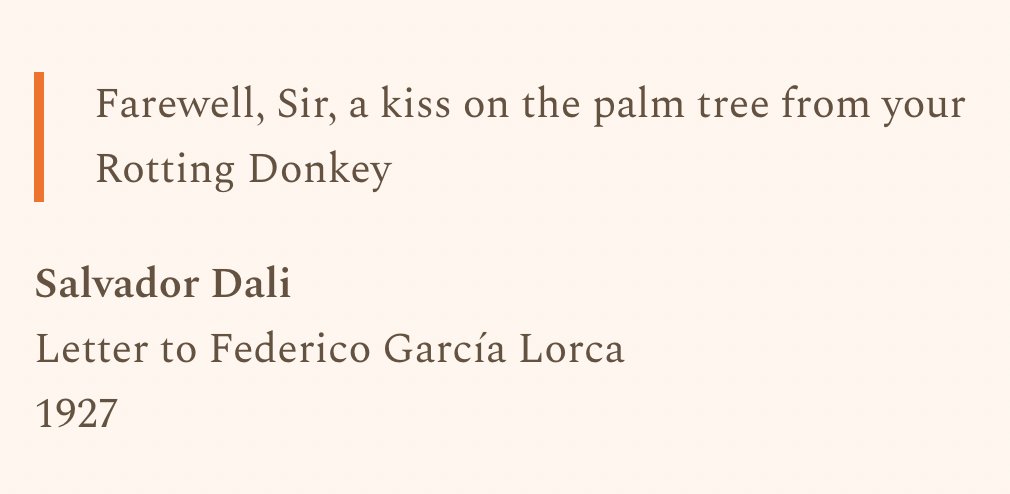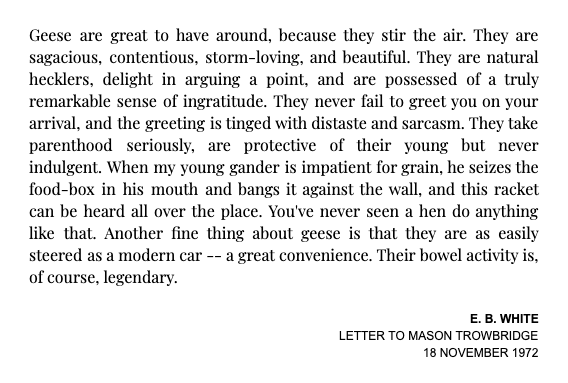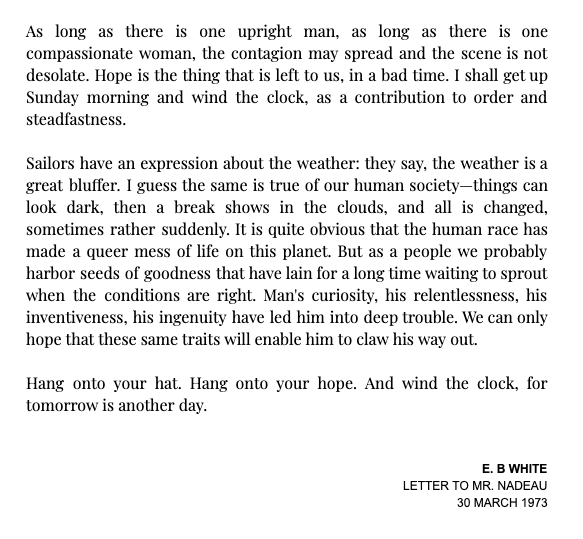George Bush Sr's dog got so fat in 1992 that he (Bush) sent this memo to all White House staff.
#InternationalDogDay
#InternationalDogDay

So, uhh, years later, George Bush Sr. wrote a letter to a puppy (!!) and mentioned the death of Ranger, the fat dog.
(Found in 'All the Best, George Bush: My Life in Letters and Other Writings')
(Found in 'All the Best, George Bush: My Life in Letters and Other Writings')

(If I only tweeted about letters written by people with impeccable histories, I’d never tweet. Just enjoy the nice dog letters.)
• • •
Missing some Tweet in this thread? You can try to
force a refresh

























